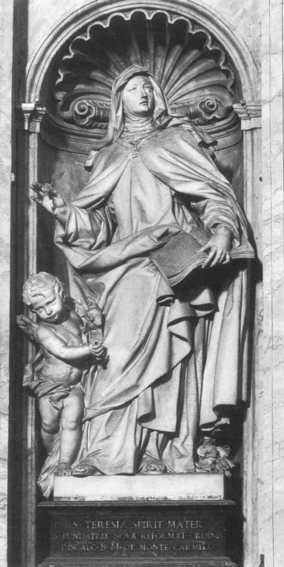May the venerable intercession of the glorious Virgin Mary come to our aid, we pray, O Lord, so that, fortified by her protection, we may reach the mountain which is Christ.
Our Lady of Mount Carmel, pray for us.
The Blessed Virgin Mary never fails. She always kept her promise; always go to Mary. Saint Simon Stock the English Carmelite friar received this promise from the Virgin herself and he passed it on to the Church.
The Virgin Mary gave to Saint Simon the brown scapular, saying “Take this Scapular, it shall be a sign of salvation, protection in danger and a pledge of peace. Whosoever dies wearing this scapular shall not suffer eternal fire.” The soul wearing the scapular would be in heaven on the first Saturday of the month following death.
Thus, wearing the brown scapular is not required; it is a helpful sacramental to remind us that we are not alone and that God through Mary’s assistance keeps us close to the Mystery. Originally only worn by those of the Carmelite Order, it was soon adopted by the lay faithful. To this day, the brown scapular, is one of the most popular of all Catholic sacramentals.










